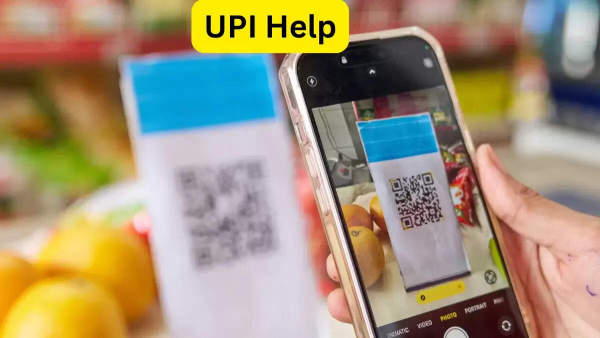
India’s digital payments ecosystem is growing at an unprecedented pace, processing nearly 20 billion UPI transactions every month. As users increasingly rely on UPI for everything from daily purchases to utility payments, the need for faster issue resolution and better transparency has become crucial.
To address this, the National Payments Corporation of India (NPCI) has launched a new AI-powered chat assistant called “UPI Help.” The platform aims to make digital payments more seamless, trustworthy, and user-friendly by helping customers manage their transactions, resolve complaints, and handle autopay mandates—all in one place.
UPI Help is a pilot project built on artificial intelligence (AI) that offers a conversational and real-time support system for UPI users. It acts as a virtual assistant that understands queries related to digital payments and provides instant guidance in simple, human-like responses.
According to NPCI, the chatbot is designed to continuously learn and improve based on user interactions. Over time, this will make it smarter and more efficient at resolving complex payment-related issues.
The initiative marks a significant step towards creating a transparent, responsive, and user-centric digital payment environment in India.
UPI Help provides multiple features aimed at enhancing user convenience and confidence while using digital payments. Here’s what users can do with it:
Users can ask UPI Help about transaction rules, payment procedures, or features of the UPI system. The assistant explains things in simple, easy-to-understand language, helping new users become more aware and confident in using digital payment tools.
If a UPI transaction fails, gets delayed, or is charged incorrectly, users can register a complaint directly through the assistant. UPI Help will log the issue, forward necessary details to the respective bank, and allow users to track their complaint status in real time.
This process simplifies dispute resolution, which often involves multiple steps and long waiting periods when done manually.
UPI users can view all their active autopay mandates in one place and manage them easily. The chatbot allows users to pause, resume, or revoke their subscriptions and recurring payments using simple keywords.
This makes it easier to control automatic deductions for services like OTT platforms, utility bills, or EMIs—without relying on customer support or multiple apps.
NPCI plans to roll out UPI Help across various digital platforms. Initially, the assistant will be available through:
Bank websites and chatbots
The DigiSathi portal (NPCI’s official consumer support platform)
UPI apps, including popular payment apps, in upcoming phases
While NPCI provides the AI infrastructure, the final decisions and services will be managed by the customer’s bank, ensuring accountability at every stage.
The introduction of UPI Help is expected to significantly enhance the digital payments landscape in several ways:
Instant support: Users get immediate answers to payment-related queries without long wait times.
Faster complaint resolution: Transaction issues can be registered and tracked instantly, reducing delays.
Better control: Managing autopay and subscriptions becomes simpler and more transparent.
Increased trust: The system promotes transparency, reducing confusion and fraud risks.
Reduced workload on banks: AI automation will lighten the burden on customer service teams, enabling them to focus on complex issues.
With UPI Help, NPCI continues to strengthen India’s digital finance ecosystem by combining AI technology with user convenience. The assistant not only improves efficiency but also fosters greater trust in UPI—a payment platform that has become the backbone of the country’s digital economy.
As NPCI refines this AI assistant, it’s likely to evolve into a comprehensive support system that handles everything from basic transaction help to personalized financial insights. In essence, UPI Help could redefine how Indians interact with their digital payments—making it smarter, safer, and more transparent than ever before.